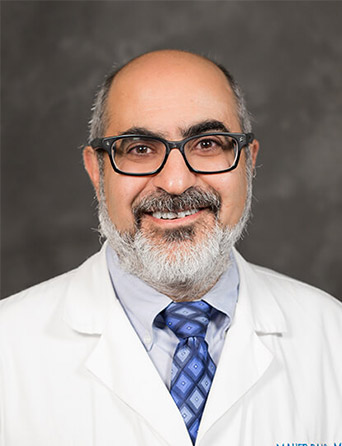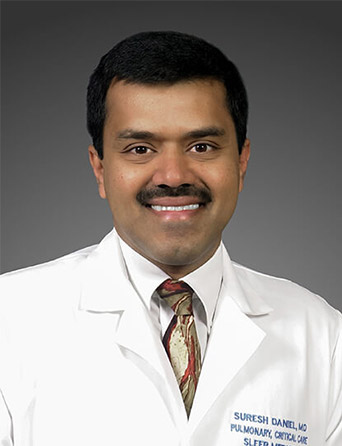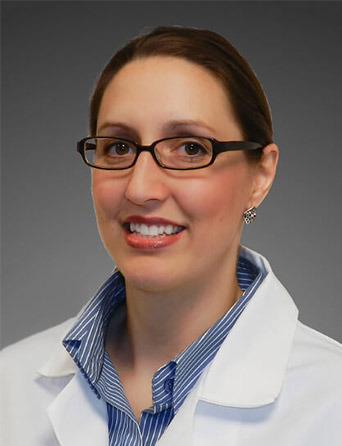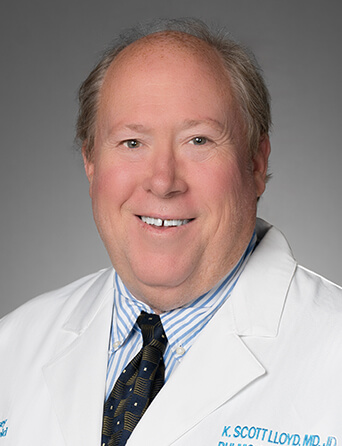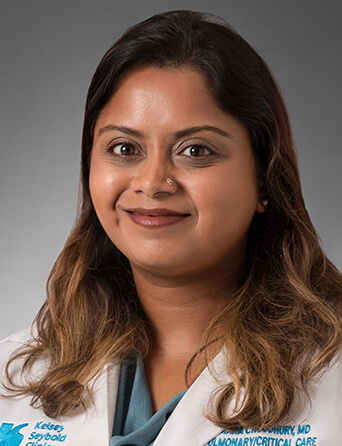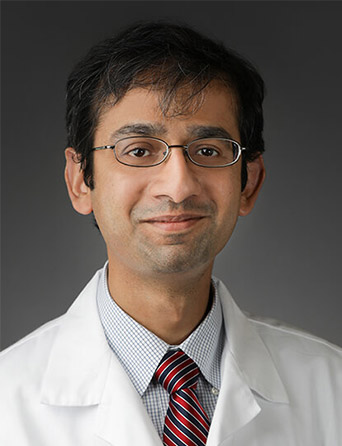
Understanding Pulmonary Function Tests: What You Need to Know
If your doctor has recommended a pulmonary function test (PFT), you may have questions about what to expect. These safe, noninvasive tests provide valuable insights into how well your lungs are working and help guide treatment decisions.
Breathing problems can affect every part of life, from daily activities to sleep and overall well-being. PFTs allow doctors to diagnose lung conditions, track changes over time, and develop a personalized treatment plan to improve your breathing and quality of life.
What Are Pulmonary Function Tests?
Pulmonary function tests measure different aspects of lung function, including:
- How well air moves in and out of your lungs
- How much air your lungs can hold
- How efficiently your lungs transfer oxygen to your bloodstream
These tests help diagnose and monitor asthma, chronic obstructive pulmonary disease (COPD), pulmonary fibrosis, and neuromuscular disorders that affect breathing.
Types of Pulmonary Function Tests
Different tests assess different aspects of lung function:
Spirometry
Spirometry measures how much air you can inhale and exhale and how quickly you can breathe out. You’ll breathe into a mouthpiece connected to a machine that records airflow. The test may be repeated multiple times for accuracy.
Lung Volume Testing
This test measures the total amount of air your lungs can hold. You will sit inside a small, clear, airtight booth and breathe through a mouthpiece while a machine calculates your lung capacity. It helps diagnose conditions that restrict lung expansion.
Diffusion Capacity Test
This test evaluates how well oxygen moves from your lungs into your bloodstream. You’ll inhale a small, harmless amount of gas, and sensors will measure how much is absorbed. This test helps diagnose conditions that affect oxygen exchange, such as pulmonary fibrosis or emphysema.

What to Expect During a Pulmonary Function Test
PFTs are not painful but do require some exertion. Depending on the test, you may be asked to:
- Take deep breaths and exhale forcefully
- Hold your breath for a few seconds
- Breathe in a controlled pattern for repeated measurements
Your doctor and care team will prioritize your safety and comfort throughout any tests. All equipment is sterilized between uses, and tests are conducted in a controlled environment.
If you have concerns about deep breathing, enclosed spaces, or physical exertion, let your care team know. They can adjust the process to help keep you comfortable while still obtaining accurate results.
To ensure the most precise readings, your doctor may ask you to avoid smoking, caffeine, or certain medications before the test, as these may affect lung function. Your care team will explain each step of the test and answer any questions beforehand.
Why Pulmonary Function Tests Matter
If you’re experiencing shortness of breath, chronic cough, wheezing, or difficulty with physical activity, pulmonary function tests help pinpoint the cause so you can get the right treatment. These tests are essential for diagnosing lung conditions.
For those with existing lung conditions, PFTs track lung function over time, allowing for treatment adjustments that may improve breathing, increase energy levels, and enhance overall quality of life.
At Kelsey-Seybold Clinic, our coordinated care approach ensures that your PFT results are seamlessly shared with your care team. If changes in lung function are detected, we work together to develop a personalized treatment plan tailored to your needs.
Moving Forward with Confidence
Needing a lung function test may feel intimidating, but these tests are a crucial step in understanding your respiratory health. Whether you need a diagnosis, ongoing monitoring, or treatment adjustments, PFTs provide the answers needed to help you breathe and feel better.
If you have questions or need to schedule a pulmonary function test, Kelsey-Seybold is here to support you every step of the way.
Taking care of your lungs means taking care of your overall well-being. Schedule an appointment today to take the next step in protecting your respiratory health.


